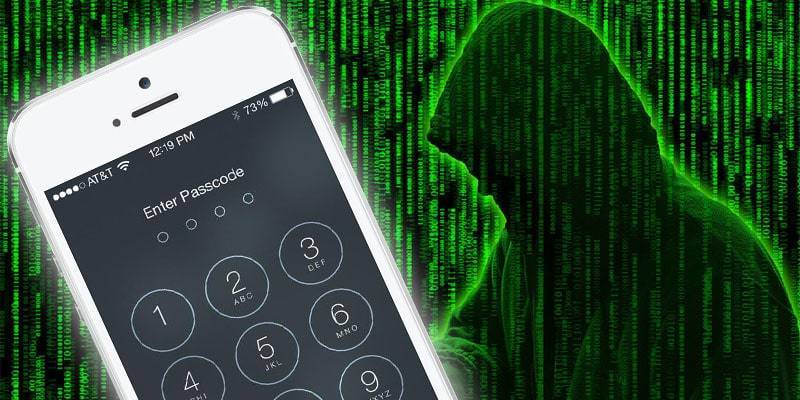Apple adepts have one point or stereotype associated with the iPhone - iOS is virtually invulnerable when it comes to malware or hacking. They're convinced that its software is one of the most stable, smartest and safest. But yet another fact makes it sound like it would be a great exaggeration to say that the iPhone is completely invulnerable.
The conclusion that the Apple smartphone has a weak security system was reached not by competitors or hackers, but by a court of law. The judge concluded that passwords, biometrics and facial recognition were not enough to protect user data.
The story itself began on 3 June this year in Sao Paulo, when an intruder stole an iPhone 12. After the theft, the perpetrator was able to change the device's password, disabling the Find My function and gaining access to personal data. This was enough to carry out financial transactions on behalf of the owner of the stolen iPhone.

Incidentally, this is not an isolated case. The iPhone thefts in Brazil were on a spree and the attackers' goal was to hack into the owners' bank accounts in order to steal their personal funds. And they successfully managed to hack not only the iPhone, but also banking applications, which are usually protected by a different password.
The victim of such a scheme was a user whose smartphone was stolen on June 3. The criminals managed to unlock the iPhone 12 and stole all the funds from his accounts. The victim believed that it was not so much the attacker's fault, but rather Apple's, which did not provide a high level of security for the smartphone. The owner of the stolen smartphone thought it was inexcusable that a device that cost a lot of money did not provide a minimum level of security and protection of personal data. He felt that Apple should punish him for this and compensate him for moral damages.
The court sided with the complainant and agreed with his argument that the iPhone was not secure. Its verdict - Apple is obliged to pay $875 to the victim as compensation for moral damages and make changes to iOS to improve security. The bank is also responsible for what happened and will have to reimburse the entire amount of the stolen money.
Apple did not comment on the court ruling. It has been caught in a piquant situation and a precedent has been set. Given that cases of iPhone hacking and money theft in Brazil are not isolated, victims could flood the court with lawsuits against Apple.



You must be logged in to post a comment.